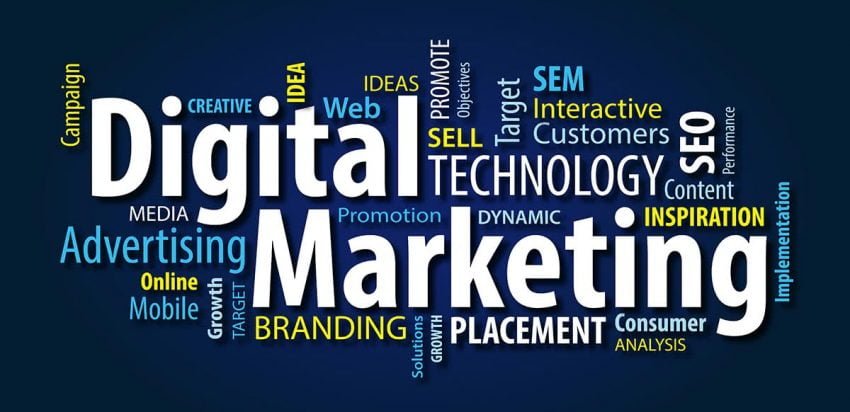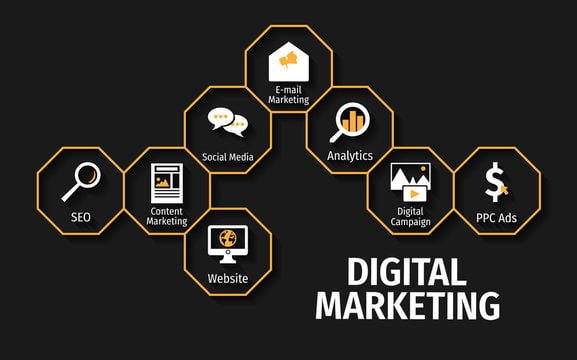
Digital Marketing
Digital Marketing
Digital marketing has become a crucial aspect of modern business strategy. In the digital age, where the majority of consumer interactions and transactions take place online, it is essential for businesses to establish a strong online presence and effectively engage with their target audience. Digital marketing encompasses a wide range of techniques and strategies aimed at promoting products or services through digital channels, such as websites, social media platforms, email, search engines, and mobile applications.

We are a leading Digital Marketing Agency based in Nigeria, dedicated to helping businesses grow their online presence. With extensive experience collaborating with numerous brands both within Nigeria and internationally, we have developed a deep understanding of diverse markets and consumer behaviors.

Digital Marketing tools
We optimize websites to improve visibility on search engines, driving organic traffic and enhancing brand awareness.
Our targeted PPC campaigns are designed to maximize ROI by reaching the right audience at the right time, ensuring effective ad spend.
We create and manage engaging social media strategies that foster community interaction and brand loyalty across various platforms.
Our tailored email marketing campaigns help nurture leads and maintain customer engagement, delivering personalized content that resonates with your audience.
We produce high-quality, relevant content that not only attracts but also retains customers, establishing your brand as an authority in your industry.
With the increasing use of mobile devices, we implement strategies that effectively reach users on their smartphones and tablets, enhancing user experience and engagement.
Measuring and analyzing the performance of digital marketing campaigns and channels. – Gathering insights to make data-driven decisions and optimize future strategies.

